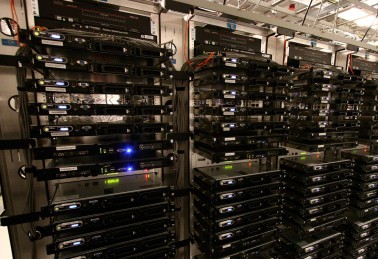Downloading free software can cost you money.
Open source is computer software where the source code has been made available to the public and adheres to a set of criteria to enable fair distribution of the software.
Although by principle Open Source software drives the excitement of getting modifiable free software, Open Source software is additionally subject to vulnerabilities due to the source code being available to everyone.
With software that you pay a license fee for, I.e. Microsoft products and Adobe products, the source code is hidden. This means it is more difficult for hackers to work out how to exploit any potential vulnerabilities within the software. When the source code is hidden only the Vendor is able to make changes to the software.
This then raises concern for the security and down time in open source software. As no one is the “owner” of the software, there is no one you can call to fix any bugs. No matter what size organisation you are there is no one you hold responsible to fix it. You have to wait until someone decides to fix it, and post a patch before you can get back to work. It is possible that no one will fix the bug and then you will have major downtime or security risks. Depending on how often this happens, you may well have spent more in downtime than you would have originally for a licensed product.
In May we wrote an article about “The Heartbleed Bug”. This is a bug that affected Open Source software. While a fix was released to fix the bug, six more vulnerabilities have surfaced. To read more, go to:- http://www.techrepublic.com/article/heartbleed-was-just-the-beginning-as-more-vulnerabilities-appear/#ftag=RSS56d97e7
more computer emergency response teams should have been alerted to the existence of Heartbleed before it was publicly disclosed, to minimise risk to major organisations and agencies. From product security point of view, (vulnerability reporting) is not easy — if we report something to Microsoft and Adobe they will notify their customers, but with open source, there are so many different players.
DEREK MANKY | CHIEF SECURITY STRATEGIST AT FORTINET
Read more: http://www.itnews.com.au/News/384119,dark0de-crime-forum-hacked-with-heartbleed.aspx#ixzz30mzlMIHf
Licensed products are owned or leased. Any issues you may have with the software can be fixed and most likely sooner as people are employed and responsible to fix any issues. Should any bugs be found, a solution is worked on straight away rather than having to wait for someone or a community to have a go at fixing it.
If you are using open source software and you are required to interact with companies not using open source, you will find you need to spend some time making it compatible for other people to see.
Does this mean that Open source software is bad? No, it just means it should be evaluated from return on investment for businesses as the price tag may overshadow the complications.
However, open source software is of great benefit to the home user. With no financial outlay you can have word processing, email and free audio and video calls via the internet.
While there is free software in the market, be careful of software that is created by one person/community of people as it may not be designed for business continuity and security.










